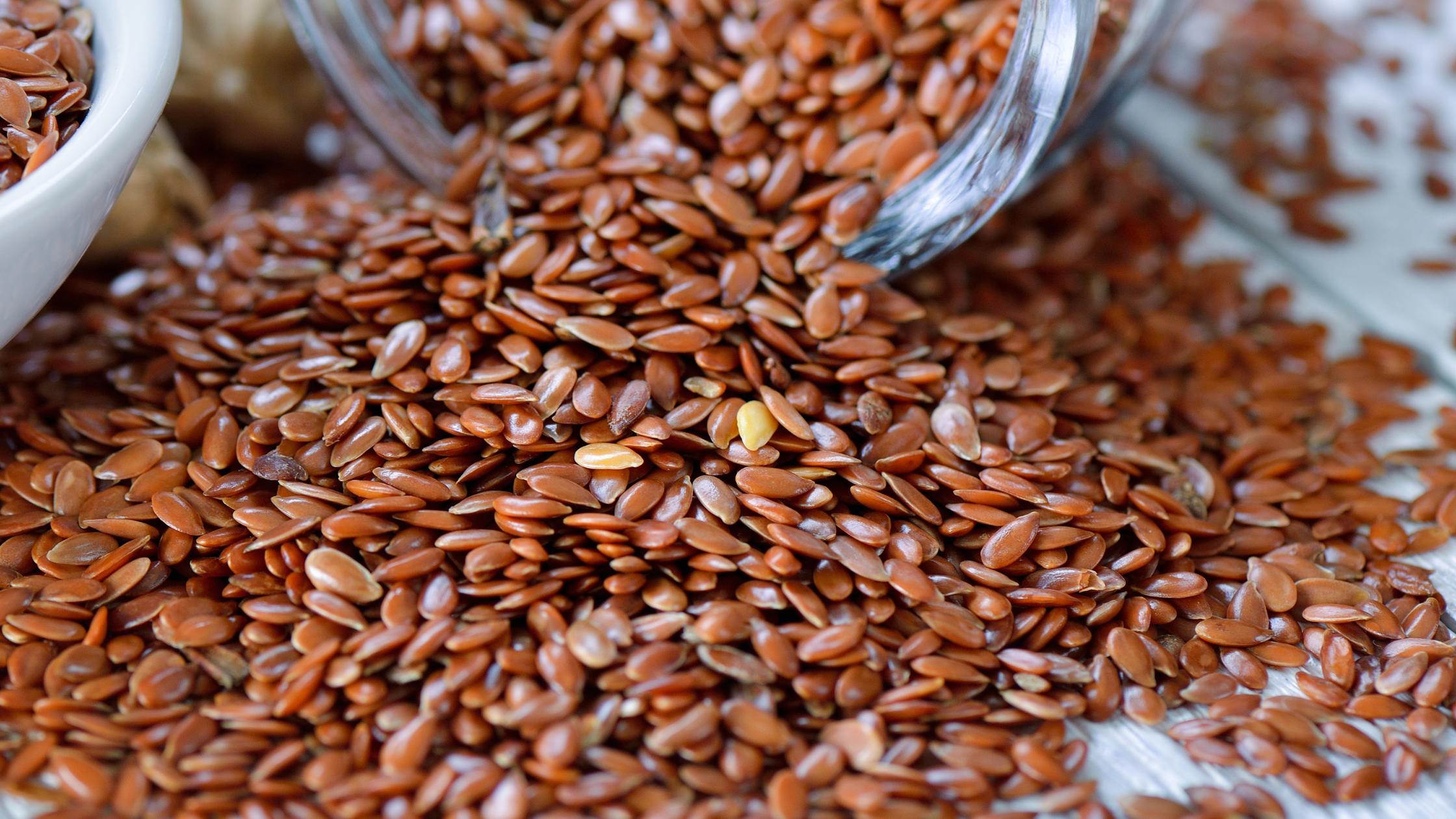9 Effective Ways to Alleviate Constipation During IVF Treatment
Constipation is a common concern for many individuals undergoing in vitro fertilization (IVF) treatment.
9 Effective Ways to Alleviate Constipation During IVF Treatment
The stress, hormonal changes, medications, and lifestyle adjustments associated with IVF can contribute to digestive issues, including constipation. However, managing constipation during IVF is essential to ensure comfort and well-being throughout the fertility treatment process.
Here are nine effective ways to alleviate constipation and promote digestive health during IVF:
1. Hydrate Adequately
Drinking plenty of water is essential for maintaining regular bowel movements and preventing constipation. Aim to drink at least eight glasses of water per day, and consider adding electrolytes and hydrating fluids like herbal tea, coconut water, or vegetable broth to your daily routine.
2. Increase Fiber Intake
Incorporating fiber-rich foods into your diet can help promote bowel regularity and alleviate constipation. Choose high-fiber foods such as fruits (e.g., apples, berries, prunes), vegetables (e.g., broccoli, spinach, carrots), whole grains (e.g., oats, brown rice, quinoa), and legumes (e.g., beans, lentils, chickpeas).
3. Consider Fiber Supplements
If you're struggling to meet your fiber needs through diet alone, consider adding a fiber supplement to your daily regimen. Psyllium husk, flaxseed, or wheat bran supplements can help soften stools and promote bowel movements.
4. Stay Active
Regular physical activity can stimulate bowel function and alleviate constipation. Incorporate gentle exercises such as walking, yoga, or swimming into your daily routine to promote digestive health and overall well-being.
5. Practice Relaxation Techniques
Stress and anxiety can exacerbate constipation symptoms. Incorporating relaxation techniques such as deep breathing, meditation, or mindfulness exercises can help reduce stress levels and promote relaxation, which may aid in alleviating constipation.
6. Limit Caffeine and Alcohol
Both caffeine and alcohol can contribute to dehydration and worsen constipation symptoms. Limit your intake of caffeinated beverages like coffee, tea, and soda, as well as alcoholic beverages, to help maintain optimal hydration and bowel function.
7. Try Natural Remedies
Certain natural remedies may help alleviate constipation during IVF treatment. Consider incorporating prunes or prune juice, aloe vera juice, magnesium supplements, or herbal teas with natural laxative properties into your routine, but consult with your healthcare provider before trying any new supplements.
8. Consider Over-the-Counter Remedies
In some cases, over-the-counter laxatives or stool softeners may be necessary to relieve constipation. Talk to your healthcare provider before using any over-the-counter medications to ensure they are safe and appropriate for your individual needs.
9. Communicate with Your Healthcare Team
If you're experiencing persistent or severe constipation symptoms during IVF treatment, don't hesitate to reach out to your healthcare provider for guidance and support. Your doctor can offer personalized recommendations, adjust medications if necessary, and address any underlying medical issues contributing to constipation.
Constipation can be a challenging and sometimes, painful symptom to manage during IVF treatment, but implementing these nine strategies can help alleviate discomfort and promote digestive health. By staying hydrated, increasing fiber intake, staying active, practicing relaxation techniques, and communicating with your healthcare team, you can take proactive steps to alleviate constipation and optimize your well-being throughout the IVF journey.
Medical Disclaimer:
The information provided in this blog is intended for general informational purposes only and should not be considered as a substitute for professional medical advice, diagnosis, or treatment. Always seek the advice of your healthcare provider or qualified medical professional with any questions you may have regarding a medical condition. Never disregard professional medical advice or delay in seeking it because of something you have read in this blog.











